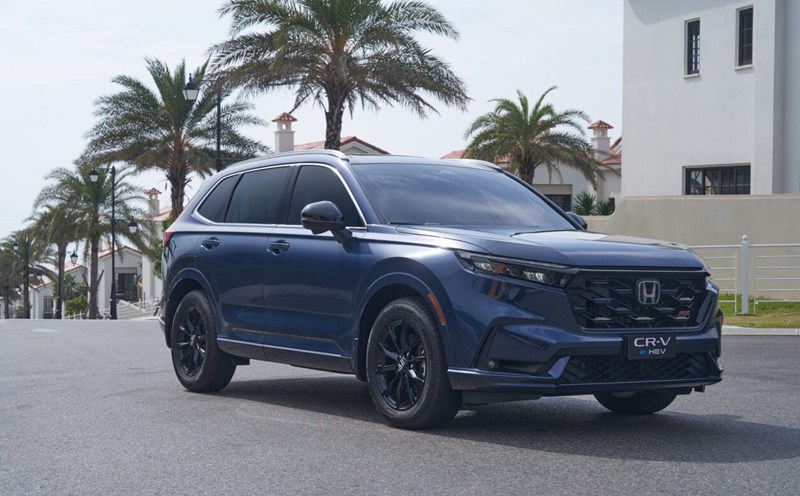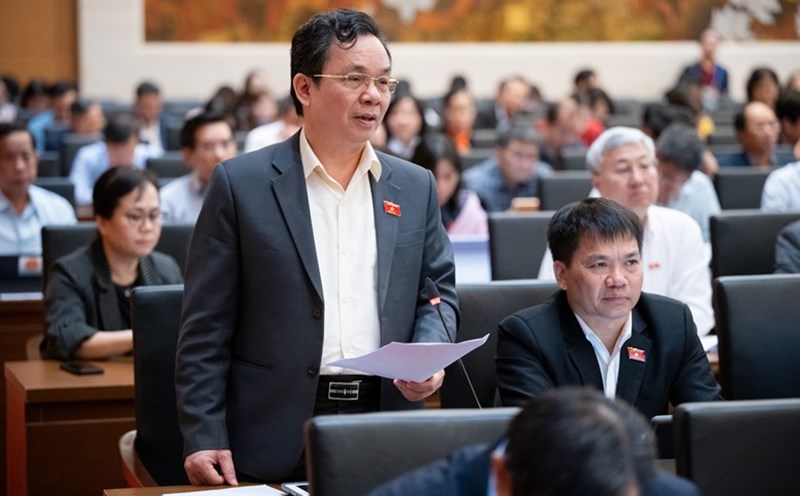Nissan and Honda are expected to sign a memorandum of understanding on the merger soon, Nikkei reported. The two companies are also said to be looking to include Mitsubishi Motors, in which Nissan is the largest shareholder with a 24% stake, in the deal.
The merger would create the world’s third-largest auto group by sales, with annual sales of 8 million vehicles, according to Citi analysts. The deal would rank Nissan-Honda-Mitsubishi behind Japanese automaker Toyota Motor and Germany’s Volkswagen.
Bloomberg reported that the two Japanese giants have stepped up merger talks as Taiwanese manufacturer Foxconn (China) approached Nissan about a stake. Foxconn has invested heavily in electric vehicles in recent years.
According to the Yomiuri news agency, the memorandum of understanding regarding the merger between Nissan and Honda could be signed as early as December 23.
Nissan and Honda entered into a strategic partnership in March to jointly produce key electric vehicle components. However, the mega-merger is expected to face a number of hurdles.
Peter Wells, professor of corporate sustainability at the Centre for Automotive Industry Research at Cardiff Business School, UK, described the merger of Nissan and Honda as a “really important” development that could help the two businesses pool assets, save costs and create the technologies they need for the future.
“There’s been a lot of speculation about where Nissan is in the last 12 months or so. Nissan is trying to balance its relationship with Renault, but it’s struggling,” he told CNBC. He pointed out that Nissan is struggling internationally, struggling domestically, and doesn’t have the right products to compete in key markets. Asked whether a merger between Nissan and Honda could be a good solution to fend off competition from Chinese electric carmakers, Professor Wells stressed that the deal could be seen as “a traditional solution.”
JPMorgan expert Akira Kishimoto shared the same opinion about some barriers to the Nissan - Honda merger, emphasizing that "the barriers to overcome will be very high".
“At a minimum, we think Nissan needs to clarify where its particularly complex relationship with Renault ends and also provide details on the proposed restructuring it has announced. We think Honda needs to show how it will manage its large investments in electric vehicles and batteries in Canada,” he pointed out.
Citi analyst Arifumi Yoshida said the merger could have a negative impact on Honda but a positive impact on Nissan and Mitsubishi. “Given Honda’s competitiveness in the motorcycle and hybrid vehicle segments as well as its brand strength, we believe the company has the ability to compete with its rivals in the next 5-10 years,” he said. Citi’s analyst said the merger could be seen as a decision made “in anticipation of a comprehensive transformation of the auto industry.”











